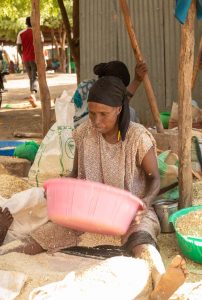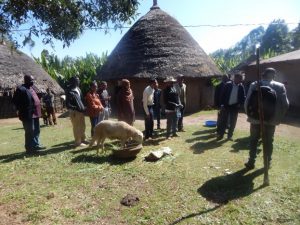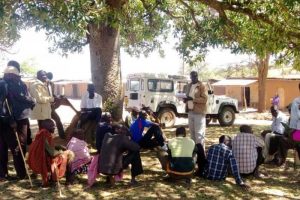IGAD Cluster 1 (Karamoja Cluster)

Karamoja Cluster
The Karamoja cluster refers to an area of land that straddles the borders between South-Western Ethiopia, North-Western Kenya, South-Eastern South Sudan, and North-Eastern Uganda. It is a cross-border area whose geographic location is shared between 4 countries (Ethiopia, Kenya, South Sudan, and Uganda). It is occupied by at least 13 pastoralist and agro-pastoralist communities (including Bokora, Dessenech, Didinga, Dodoth, Jie, Matheniko, Nyangatom, Thur, Pian, Pokot, Tepeth, Topotha, and Turkana). e shared border of the cluster is approximately 8,382 km.
The Karamoja Cross-Border Development Facilitation Unit
The Karamoja Cluster is considered as one ecological zone whose development is best perceived within the framework of a consolidated development plan that introduces the need for an institutional arrangement to facilitate cross-border cooperation.
The Cross Border Development Facilitation Unit (CBDFU) is IGAD’s principal agent and representative on the ground and serves to execute the obligations of its role and mandate in cross-border development, including coordinating activities, harmonizing policies and procedures, capacity building and technical backstopping, facilitating cross-border cooperation and development. The cross-border cooperation among neighboring countries is executed in the form of a cluster approach (Karamoja cluster) in the implementation of IDDRSI strategy comprising of harmonized, multi-sectoral, holistic interventions. The key intervention areas for the IGAD CBDFU are guided by the priority intervention areas (PIAs) of the IDDRSI Strategy for achieving the overall objective.
Main Intervention Areas
1. Cross-border dialogues to address pending issues in the Karamoja cluster. This is in an attempt to put reports into action, address existing gaps response to issues and align partners to critical needs.
2. Development of cross-border bankable resilience projects using a bottom-up approach with high involvement of the community level representatives selected for each country at the dialogue.
3. Support to development efforts by technical officers seconded by the Member States to support the unit (CBDFU) in programming and policy dialogues; knowledge management, M&E and capacity development; rural development and resilience strengthening, conflict prevention, and peacebuilding.
4. Building partnerships, institutional support, and coordination.





